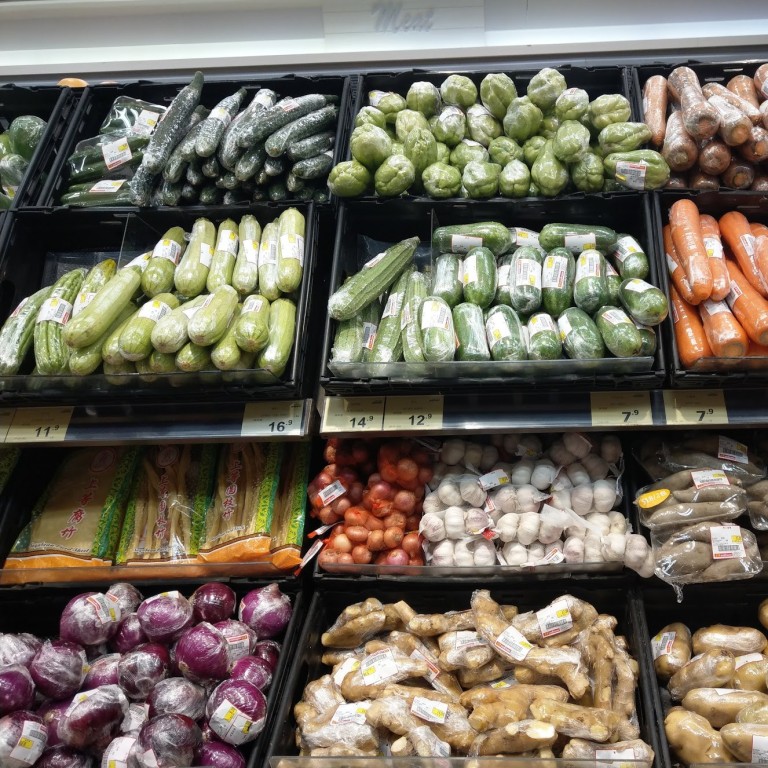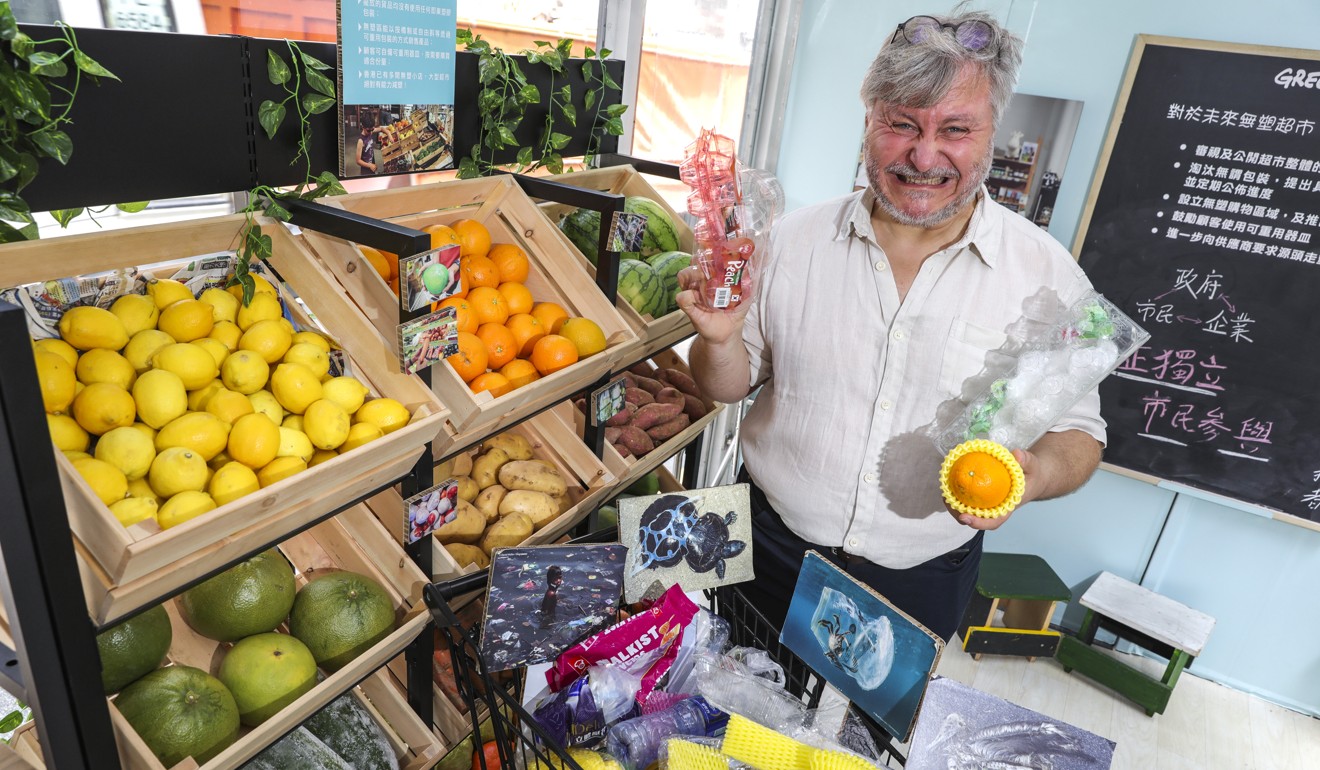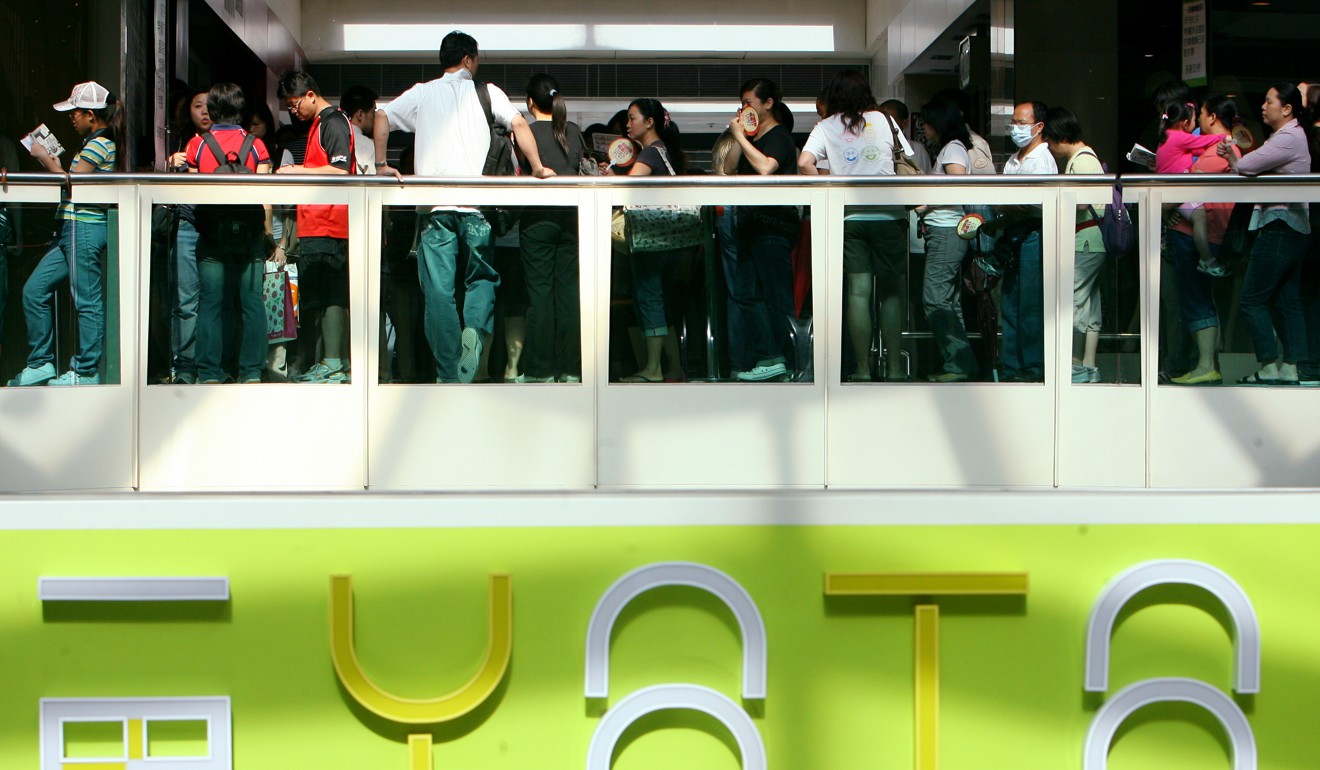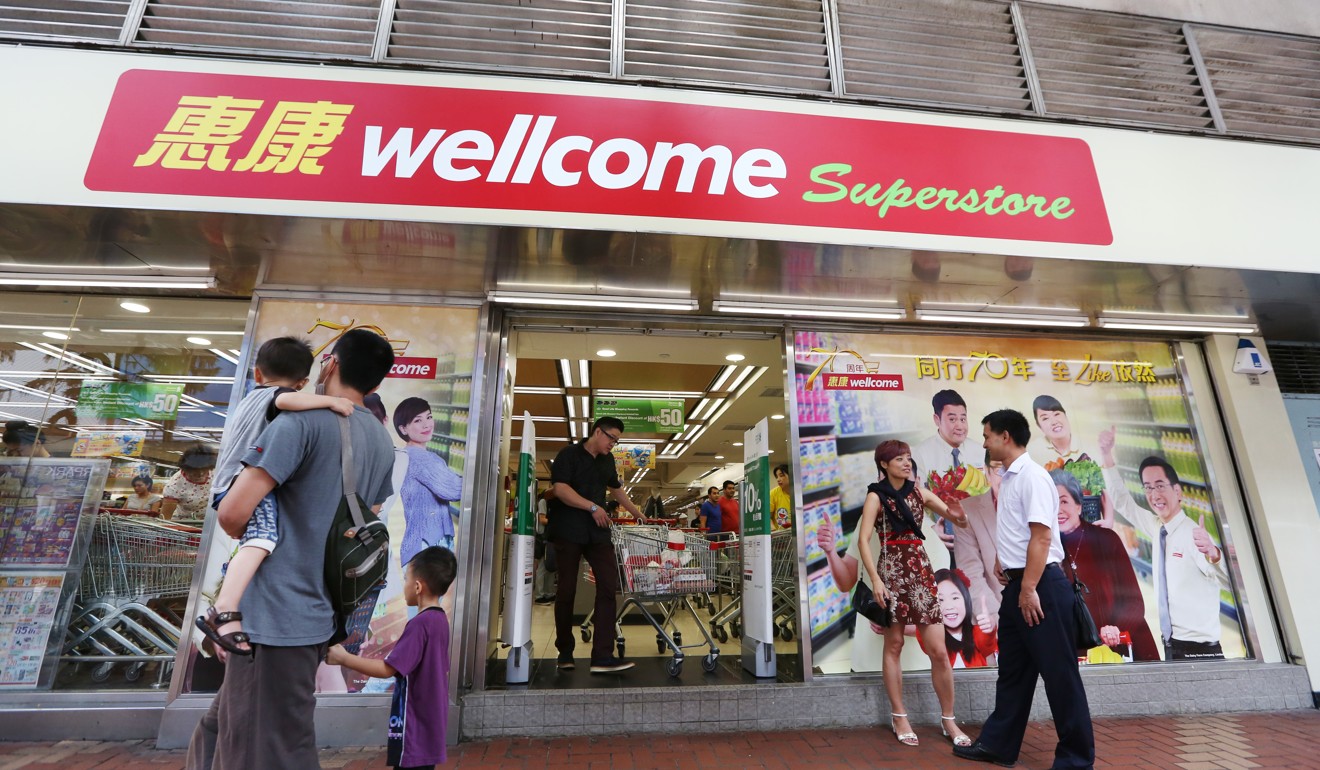
Hong Kong’s supermarkets explore plastic-free solutions at local forum, but are they open to the change?
- Representatives from Wellcome, ParknShop and Yata met a French plastic-free retailer that uses bins and recycled packaging to help people shop sustainably
- But to achieve that, they need to first find suppliers willing to provide products that are not pre-packaged
At a forum hosted by Greenpeace and the University of Hong Kong on Monday, linking local supermarket representatives with non-plastic businesses, Raphaël De Ry, founder of local plastic-free store Edgar, said divorcing the city’s reliance on plastic faced major obstacles.
“The [supermarkets] seem open to listening but don’t seem very open to changing their supply chain, though some seem more open than others,” said De Ry, when asked about the reaction from local supermarkets.
“The problem is there is no carrot and no stick.” Most supermarkets will follow regulations but if there are none, it is business as usual, he said.

At the forum, representatives from three Hong Kong supermarket chains – Wellcome, ParknShop and Yata – met Didier Onraita, 50, co-founder of French non-plastic retailer Day By Day, which sells dry foods like rice, pasta and beans, as well as shampoos, soaps and detergents in-store not packaged and in bulk.
The store provides reusable containers so customers can buy only what they need, reducing both food and plastic waste from packaging, Onraita said.
Hong Kong urged to provide businesses with incentives to go green
“I think all local retailers understand that they need to move towards [plastic free] solutions,” Onraita said.
“However, they experience many obstacles as their business models are radically different from that required for bulk selling.”

One hurdle, he said, was finding suppliers willing to provide products that are not pre-packaged. Speaking of his own experience with Day By Day, Onraita recalled how, while working in a traditional supermarket, he had to convince suppliers to provide items in bulk, not in plastic.
“We had to teach them how to do it. Six years ago, bulk in France was dead, no one wanted to do it,” he said.
“We began with 70 products and found consumers agreed with our model, immediately new suppliers started to come to us.”
If you don’t have a solution for consumers, you can campaign [against plastic] all you want, but nothing will change
Day by Day now has a supply chain network of more than 80 suppliers, who provide products to 56 stores in France and Belgium in paper boxes, which are either reused or recycled. Onraita said his company used “gravity bins” – large upright tubs that dispense dry goods from the bottom. Stores received the bins filled, while empty ones were collected and washed and then refilled.
Onraita said his company also distributed liquid products in large plastic containers, which Day By Day then gives to customers to use for gardening and composting. Glass jars were also cleaned and redistributed to customers for shopping.
By making it easy for customers to access plastic-free products in one place, Onraita said, customers were more willing to push both other businesses and governments for concrete change.
Drinks giant Vitasoy launches recycling of Tetra Pak cartons, starting with schools
“If you don’t have a solution for consumers, you can campaign [against plastic] all you want, but nothing will change,” he said.
Onraita said he thinks Hong Kong supermarkets would have the potential to transition to a non-plastic model and suggested they “start small”, test and learn methods that might work before scaling up.

“Perhaps they can come and explore in more detail how France approaches the problem,” he said. “All retailers now offer bulk in France, so there is a lot to observe and processes to identify.”
De Ry said gravity bins could easily be used in Hong Kong’s local supermarkets – some of which already do, but still provide plastic bags to customers.
Supermarket representatives at Monday’s forum declined the Post’s request for comment.
In an emailed statement to the Post, ParknShop said it had implemented plastic reduction trial measures at three stores in local universities, and that it was actively working with suppliers to reduce plastic packaging.

